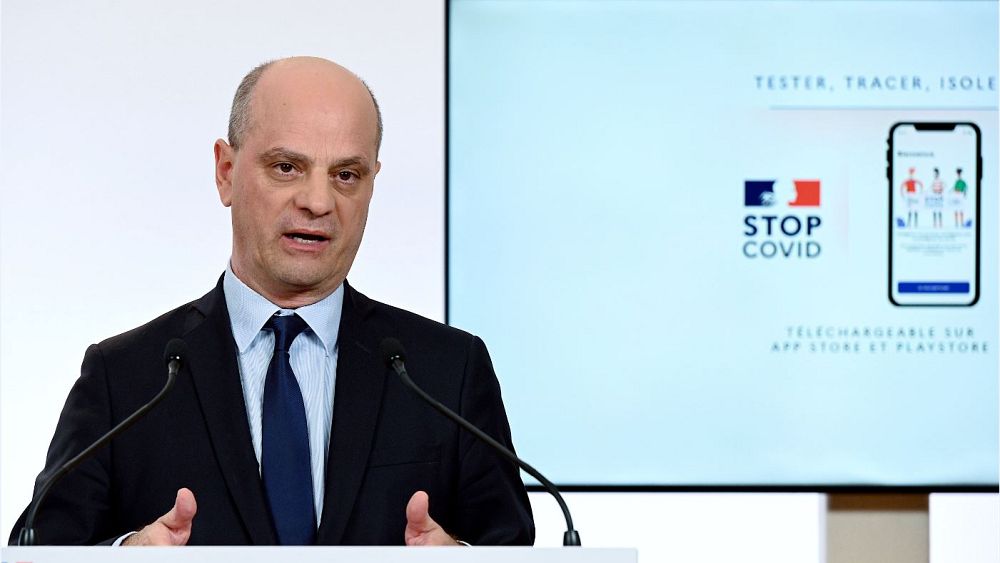
The online cyberbullying of French children born in 2010 has prompted anger from the country’s education minister.
Jean-Michel Blanquer has asked the heads of schools to “reinforce vigilance” against harassment, threats, and insults.
A number of online posts using the bizarre hashtag #anti2010 were targeted at French sixth-grade students this week.
Some students born in 2010 will have started secondary school for the first time this autumn. The hashtag #anti2010 had more than 40 million views on TikTok before it was removed.
“The warm welcome of sixth-grade students — and their successful integration thanks to the goodwill of their peers and adults — is an essential issue in school life at the college,” Blanquer said in a letter on Thursday evening.
In a video posted on Twitter, Blanquer reiterated his stance against cyberbullying.
Families could report such harassment on an emergency hotline, he said, adding that any pupil behind such cyberbullying would be punished.
Blanquer also stated that a “worrying movement” of online harassment is reported by education facilities at the start of the new school year.
“A new phenomenon that has recently appeared on the social networks TikTok and Twitter that encourages insults and threats by older peers towards children born in 2010,” he continued in his letter.
The minister has called on teachers to be “very attentive” and have appropriate reporting and discipline procedures in place.
On Wednesday, the main French parents federation (FCPE) also called on the country’s government to “act urgently”.
“Children born in 2010 have become the target of campaigns of insults, harassment, and cyberbullying,” it warned.
“While many children do not use the platforms, for those who do, it is clear that their mental and psychological health is in real danger.”
However, the main union of school headteachers in France (SNPDEN) has played down the hashtag and reports of cyberbullying.
“We have not seen any incidents of this type in the schools,” Bruno Bobkiewicz, secretary-general of the SNPDEN, told AFP.
“None of the 70 heads of schools who met at a national conference this week had heard about this movement on social networks.”